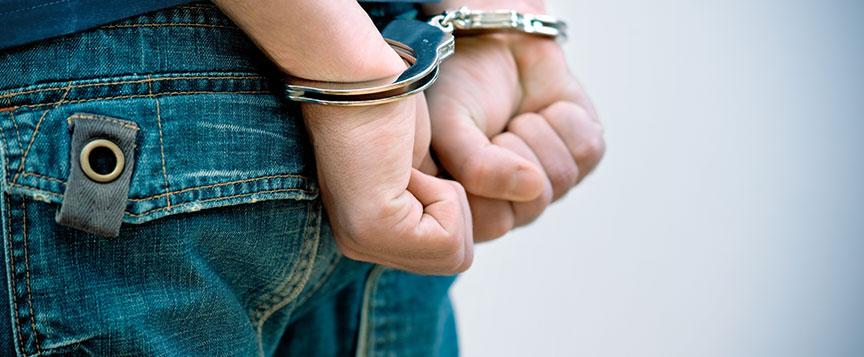DuPage County Attorney Defending the Legal Rights of Juveniles

Lawyers Protecting the Legal Rights of Children in Illinois
When your child is accused of a crime, protective instincts will naturally kick in. You will have many questions, such as,"How do I protect my child in this situation?" and "What legal rights do minors have when they are arrested by the police?"
The attorneys at Kathryn L. Harry & Associates, P.C. understand how stressful it is for both parents and child to find themselves in the middle of the Illinois juvenile justice system. While you look out for your child's health and other day-to-day needs, we will safeguard your child's legal rights and ensure that they get the best possible defense and case outcome.
Legal Rights of Children in the Illinois Juvenile Justice System
In addition to the usual Miranda rights, youth offenders have special rights and protections at each of the five stages of the Illinois juvenile justice process.
1. Arrested and Taken into Police Custody. When a juvenile is arrested and taken into temporary custody, Illinois police officers are required to "immediately make a reasonable attempt" to contact a parent or guardian, but police do not need parental permission to question a juvenile and do not have to wait for a parent to be present in order to begin questioning (705 ILCS 405/5-405).
The police must inform the youth of their Miranda rights prior to interrogation, including the right to remain silent, to stop the interview at any time, and to have an attorney present. Youth also have the right to know what offense they are accused of. Questioning of juveniles under age 18 in police custody must be electronically recorded if the minor is accused of a felony offense or misdemeanor sex crime. Effective January 1, 2017, Illinois law requires that an attorney be present when police question anyone under age 15 about a homicide or sex crime; in all other cases, an attorney may be requested by the minor but is not required.
2. Pre-Trial: Intake Screening, Detention Hearing. Both parents/guardians and children have a right to be notified of hearing dates and times and to be present and heard at all court hearings which concern them. Youth must be represented by a lawyer at all court hearings.
3. Plea or Trial (Adjudication Hearing). Minors do not have the right to a jury trial in most cases, Both parents and children have a right to present evidence to the court and to cross-examine witnesses.
4. Sentencing and Punishment. If the sentence includes time in detention, the youth must be given credit for time spent in pre-trial detention (including non-secure detention such as electronic home monitoring). All juvenile proceedings for offenses committed prior to the juvenile's 18th birthday automatically terminate upon the juveniles 21st birthday.
5. Discharge. Once youth are discharged from the juvenile justice system, their records must remain sealed, so that juvenile records are not available to the general public including potential employers. Both parents and children have a right to examine the child's court records, to petition for expungement of both police and court records, and to appeal any juvenile court judgment to a higher court.
Juvenile Defense Lawyers in DuPage County
If your child has been accused of a crime, you will want to involve a skilled defense attorney at the earliest possible moment, to ensure that the child's rights are protected at every step of the process. The attorneys of Kathryn L. Harry & Associates, P.C. have decades of experience defending clients under age 18 against criminal charges and negotiating favorable results within the juvenile justice system of DuPage County. For a free consultation, contact our office at 630-472-9700. We provide legal counsel to clients in Addison, Downers Grove, Elmhurst, Hinsdale, Lombard, Oak Brook, Wheaton, and Westmont.
 1200 Harger Road, Suite 830, Oak Brook, IL 60523
1200 Harger Road, Suite 830, Oak Brook, IL 60523







